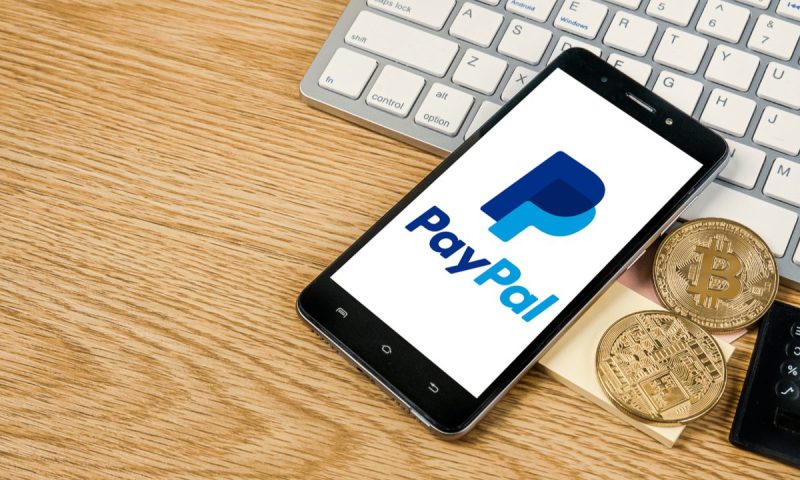PayPal is expanding its financial services with the upcoming launch of PayFi, a tokenized lending platform that will now operate on the Stellar blockchain. Announced between June 11–12, 2025, this move enables PayFi to deliver real-time working capital to small and medium-sized businesses (SMBs) by leveraging Stellar’s fast and low-cost transactions.
How PayFi and Stellar Are Changing SMB Financing
Tapping into Stellar’s Global Network
PayPal’s stablecoin, PYUSD — already active on Ethereum and Solana — will now be accessible on Stellar. This addition allows PayFi to utilize Stellar’s global payments infrastructure, which supports operations in over 170 countries. Stellar’s blockchain is known for transactions that settle in three to five seconds at costs typically below one cent.
Real-Time Loans for Small Businesses
PayFi aims to assist SMBs dealing with delayed payments or tight payroll cycles. Businesses can receive tokenized PYUSD loans directly into their Stellar wallets and immediately use the funds to pay suppliers, manage inventory, or cover expenses. This offers a faster and more flexible alternative to traditional lending.
Expanding Participation Through Liquidity Providers
To support its lending activities, PayFi will invite liquidity providers to earn returns based on real-world lending rather than speculative trading. This not only adds capital to the system but also brings more stakeholders into the PayFi ecosystem.
Regulatory Approval in Progress
The program is currently under review by the New York Department of Financial Services (NYDFS). Approval from NYDFS is crucial to ensure compliance and bolster public trust in PYUSD-based lending.
Why PayFi Could Redefine Digital Lending
- Improves financial inclusion
SMBs in emerging economies often face banking delays and high transaction fees. With Stellar, PayFi could cut remittance costs by up to 80%, offering a much-needed lifeline. - Fast-tracks access to credit
Building on PayPal’s $30 billion history of small business loans, PayFi modernizes that experience with blockchain speed and accessibility. - Strengthens PayPal’s stablecoin strategy
By expanding PYUSD across Ethereum, Solana, and now Stellar, PayPal positions itself competitively against leaders like USDC and USDT, especially in microtransactions and international payments.
Challenges That Could Slow Momentum
PayFi still faces several hurdles:
- Regulatory approval delays may slow down the rollout, giving rivals an advantage.
- Stablecoin skepticism persists, particularly around reserve transparency and price stability.
- A crowded stablecoin market means PYUSD must prove its value beyond Ethereum and Solana to stand out among competitors.
PayFi represents a broader shift toward embedded finance — where businesses access credit directly within digital platforms instead of through banks. This evolution could streamline lending, reduce delays, and support entrepreneurs in underserved regions. If successful, PayFi may reshape how businesses manage cash flow, going beyond the impact of Buy Now, Pay Later models by turning payment systems into instant financing tools.
